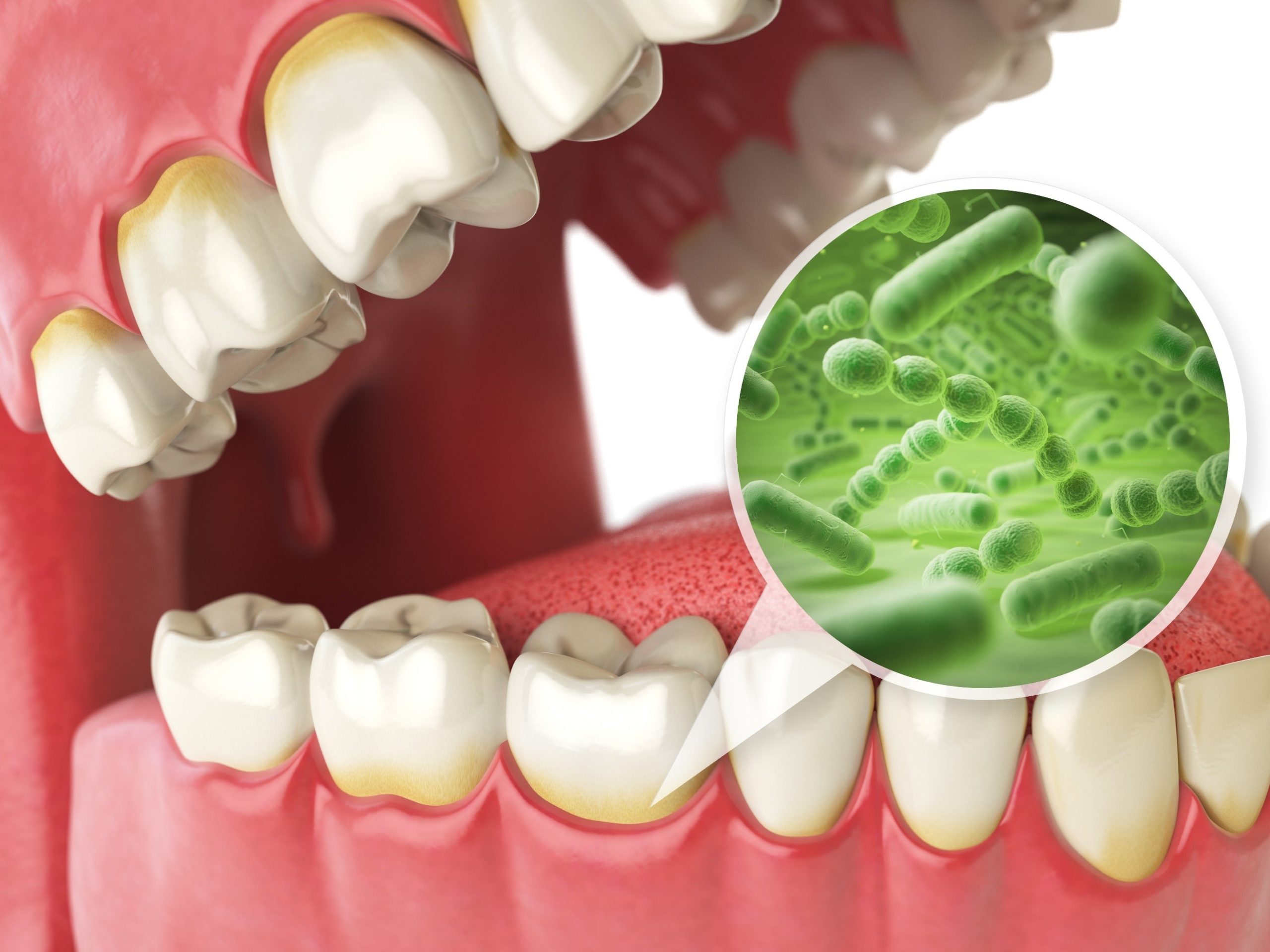
When brushing is rushed or infrequent, food debris gets stuck near the gumline.
Molars and hard-to-reach areas are especially prone to buildup.
This material attracts bacteria that multiply quickly in moist environments.
They release acids that irritate gum tissue and compromise nearby cells.
Even with occasional brushing, these remnants often remain in the crevices.
Without daily and correct cleaning, small irritations become chronic.
Gums inflame as a natural response to the bacterial load
Bacteria cause the immune system to respond with localized inflammation.
This leads to swelling, redness, and tenderness along the gum margin.
Swollen gums can become painful and more sensitive to pressure.
Inflammation also causes them to bleed more easily while brushing.
These reactions are early indicators of gingivitis, the first stage of periodontal disease.
Ignoring this stage allows the condition to deepen into surrounding tissues.
Plaque turns into hardened tartar that damages surrounding gum structures
Soft plaque is manageable with regular brushing and flossing.
However, after 24 to 72 hours, it calcifies and becomes tartar.
Tartar cannot be removed with regular toothbrushes at home.
It forms a crusty layer that traps more bacteria against the gum.
This results in constant irritation and a higher risk of infection.
Professional cleaning becomes necessary to eliminate tartar before it causes structural damage.
Deep pockets form between teeth and gums as tissue begins to detach
As inflammation continues, the gums begin to pull away from the tooth.
This creates deep periodontal pockets that trap more bacteria and debris.
The pockets make cleaning more difficult, even with dental tools.
Tissue attachment becomes weaker, and bone support starts to erode.
This process often progresses without noticeable pain at first.
By the time it is visible, significant loss has already occurred.
Chronic bacterial exposure breaks down connective tissue and bone
Long-term exposure to harmful bacteria leads to irreversible damage.
The periodontal ligament, which connects tooth to bone, begins to dissolve.
Collagen fibers in the gums degrade due to inflammatory by-products.
Bone resorption occurs as the immune system tries to isolate infection.
This results in gradual loss of jawbone density around the affected teeth.
At this stage, restoring full stability becomes difficult.
Bleeding gums are usually the first warning sign of gingival problems
Healthy gums rarely bleed when cleaned gently.
Bleeding during brushing or flossing typically points to inflammation.
This bleeding is often ignored or mistaken for aggressive brushing.
However, it indicates that the gum tissue is already compromised.
Ignoring this sign allows progression from gingivitis to periodontitis.
Early detection here can reverse the condition with proper care.
Bad breath can result from accumulated bacteria in infected gum areas
Persistent bad breath is not always related to food or digestion.
In periodontal disease, bacteria in gum pockets emit unpleasant odors.
These bacteria release sulfur compounds that create a strong, foul smell.
Mouthwash may temporarily mask the odor but doesn’t solve the cause.
Only a reduction in bacterial colonies can eliminate the issue permanently.
If breath doesn’t improve with regular brushing, gum infection may be the reason.
Receding gums expose tooth roots and increase temperature sensitivity
Gum recession occurs when tissue pulls away from the enamel surface.
This leaves the root of the tooth exposed and unprotected.
Root surfaces are softer and more porous than enamel.
They become sensitive to cold drinks, warm meals, or even breathing in cold air.
Desensitizing toothpaste may help, but it doesn’t stop the recession.
Only treatment and improved hygiene prevent further gum retreat.
Loose teeth are a consequence of lost support from tissue and bone
As bone and ligament support declines, teeth lose their anchor.
This can lead to movement during eating or even speaking.
Loose teeth may shift positions and cause bite misalignment.
Without intervention, they may fall out or need extraction.
Tooth loss affects overall chewing efficiency and jawbone health.
Dental implants or bridges may be required to restore full function.
Prevention depends on consistency, technique, and timely dental care
The damage from poor hygiene builds slowly but steadily over time.
Daily brushing, flossing, and proper technique are the foundation of prevention.
However, home care alone is not enough in all cases.
Regular dental visits help detect early signs before symptoms worsen.
Professional cleaning removes tartar that cannot be handled at home.
Consistent care can prevent nearly all forms of periodontal disease.
